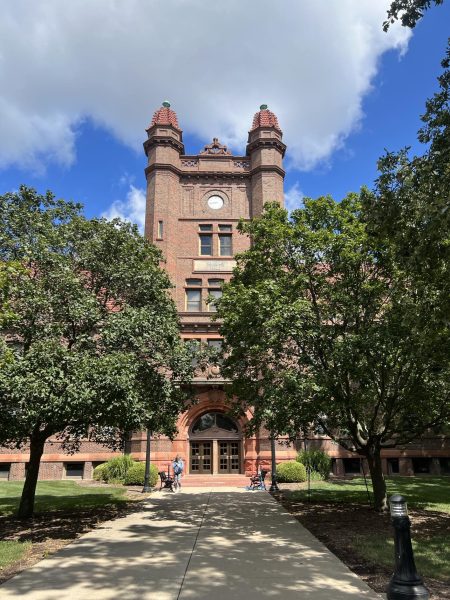Science World News
Study Shows that Sea Level Rise is Accelerating
Thanks to Global Warming, sea level rise is accelerating around the world and its rate could double within the next century. At the current rate, sea levels may rise by as much as 65 inches higher by the end of the century, according to a research published in the Proceedings of the National Academy of Sciences. Scientists looked at 25 years of satellite data in order to calculate the levels of the Earth’s seas. They found that levels have risen by 2.7 inches since the study began, which means that the levels have risen at approximately 0.12 inches per year. Scientists participating in the study said that the acceleration calculated was that of roughly 26 inches by 2100, tripling the amount of sea level rise compared to the last century. There is a possibility that these numbers may be too low; scientists cannot estimate how the ice sheets of Greenland and the Arctic will react to the rise of global temperatures in the coming years.
“This acceleration … has the potential to double the total sea level rise by 2100 as compared to projections that assume a constant rate — to more than (2 feet) instead of about (1 foot).” said Steve Nerem, the study lead author and a professor of aerospace engineering sciences at the University of Colorado in Boulder, told USA Today.
The levels will not rise evenly. Some U.S. cities will experience different sea levels due to currents and how the land naturally sits compared to existing sea levels. It is predicted that the sea will rise 11 inches in New York and Boston, 12 in Charleston, 16 in Atlantic City, 18 in Norfolk, and 25 in Galveston, Texas, according to an analysis done by USA Today of tide gauge data that was collected by the National Oceanic and Atmospheric Administration.
A rise such as this would cause a lot of problems, the least of which being the flooding of coastal areas such as Miami, Florida. The rising levels would also create higher tides and cause more powerful storm surges, posing a large problem for states in the U.S. and U.S. territories that find themselves frequently in the path of hurricanes and other tropical storms. After the devastation from Hurricane Harvey that left Puerto Rico without water and power, it is difficult to say if the U.S. could help or protect its citizens if a stronger storm were to make landfall. Also because of sea levels rising, areas that used to flood only during major storms are now seeing them during much smaller tidal events, sometimes even on sunny days.
First Expedition to Explore Previously Undiscovered Arctic Ecosystem Begins
A group of British scientists will head up to Antarctica the week of Feb 21 to study a previously undiscovered ecosystem. Said ecosystem was shielded from sunlight and the surface for 120,000 years before an iceberg fell from the Larsen C Shelf.
5,818 square kilometers (about 2,250 square miles) of sea was revealed in the event. The British Atlantic Survey (BAS) will head up to the Falkland Islands and spend three weeks studying underneath the waves. BAS admits that not only does this expedition stand the possibility of discovering new species of sea life, it is also a race against the changes that the ecosystem will go through now that it has been exposed to the sun. Scientists are rushing to get the chance to study the ecosystem before it undergoes extreme changes, as well as a chance to study how the increasing amount of light affects its inhabitants.










